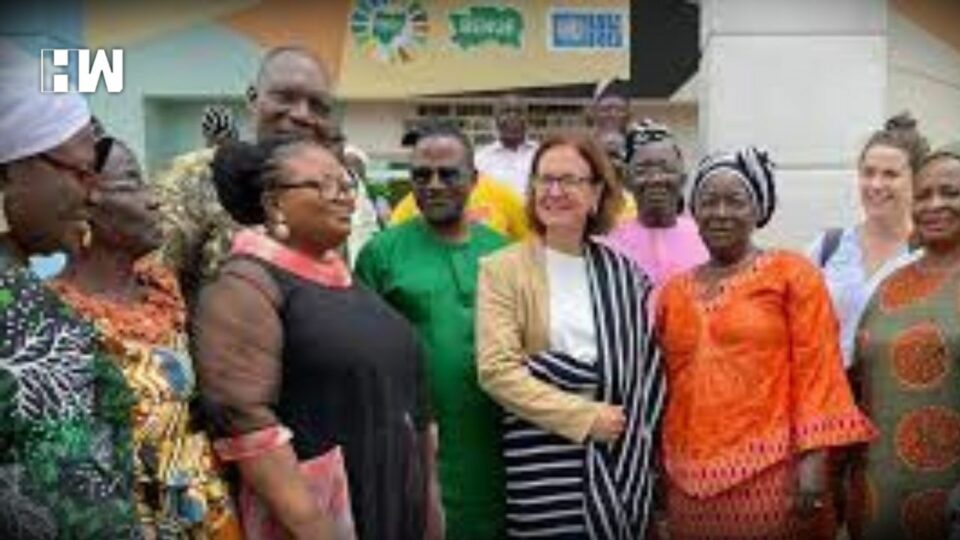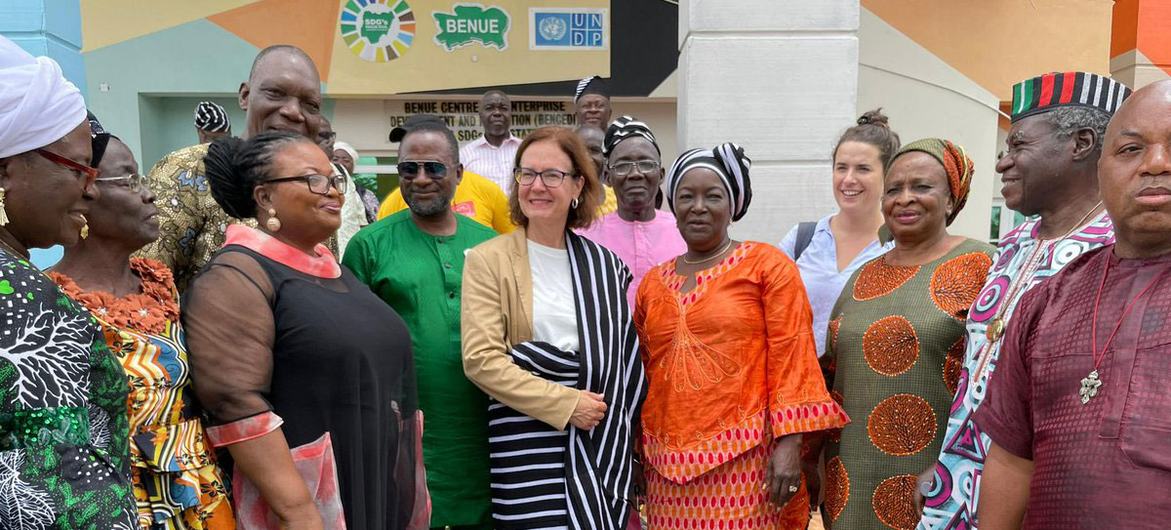China has a dizzying range of rich natural resources. The country is home to 10 per cent of all known plant species, and 14 per cent of all known fauna. The UN, with the Chinese authorities, is working to ensure that the benefits from these resources are shared in a fair and equitable way.
The Access and Benefit-Sharing project (ABS), which is working in Yunnan, Hunan, and Guangxi provinces, is also designed to prevent biopiracy, and prevent the loss of biodiversity and traditional knowledge.
Remote and less-developed regions, which are frequently endowed with rich natural resources and long traditions of agriculture, are expected to benefit from the project, with new opportunities for development.
You can find out more about the ABS project here.
As an independent media platform, we do not take advertisements from governments and corporate houses. It is you, our readers, who have supported us on our journey to do honest and unbiased journalism. Please contribute, so that we can continue to do the same in future.




 Despite progress on legal & policy safeguards for older persons,
Despite progress on legal & policy safeguards for older persons, 
